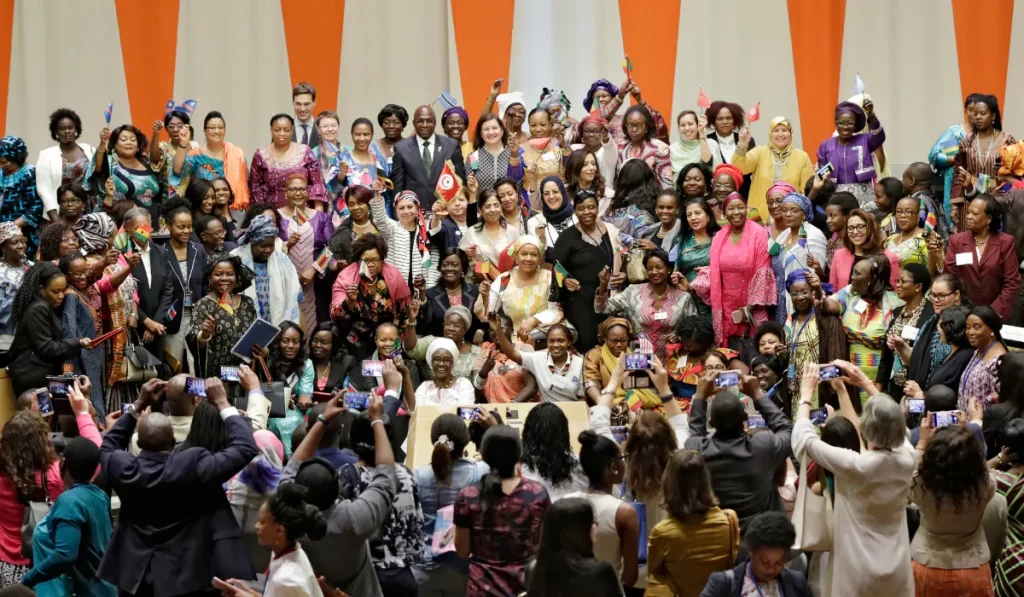
Conflict & Resilience Monitor – 28 March 2024
On the occasion of International Women’s month, the March issue of the Monitor features an article by Dr Cecilia Nedziwe, who reflects on the status of women’s participation in key

On the occasion of International Women’s month, the March issue of the Monitor features an article by Dr Cecilia Nedziwe, who reflects on the status of women’s participation in key
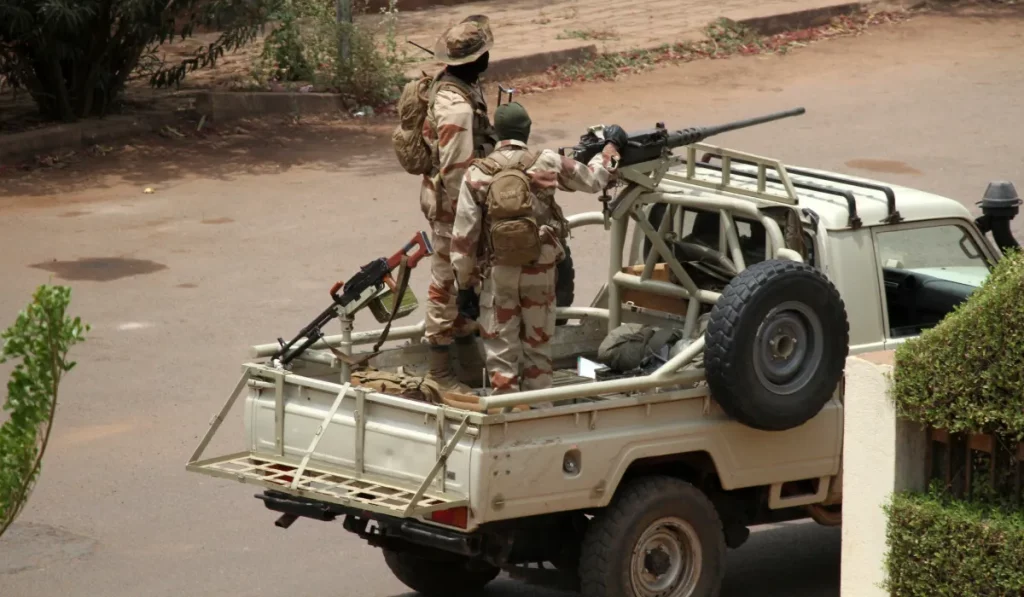
Deepening democracy in Africa’s multi-election year to foster peace and stability on the continent.
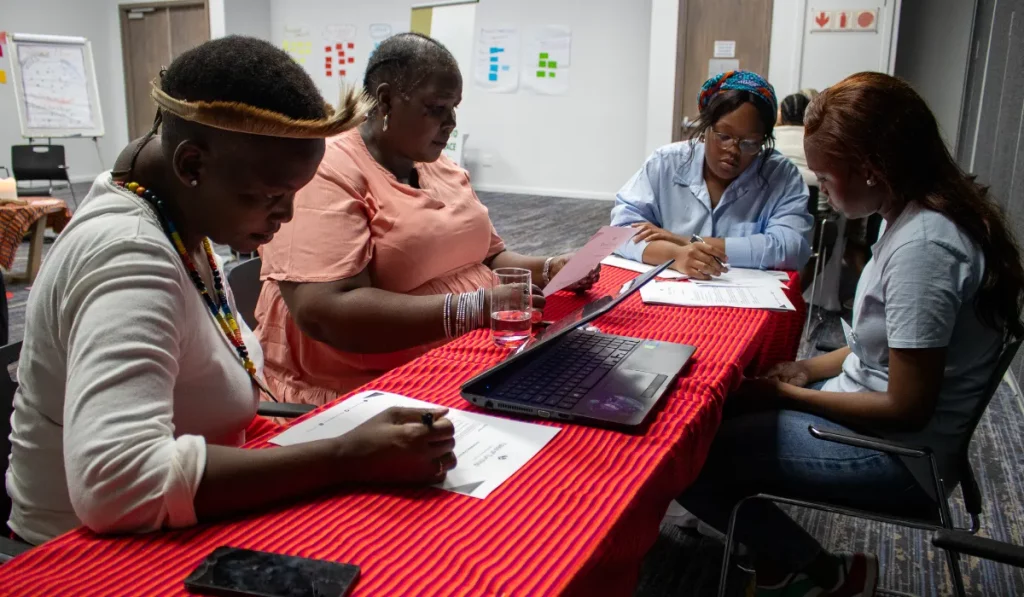
On 14 March 2024 ACCORD organised a virtual session, focusing on United Nations Security Council Resolution 1325 (UNSCR 1325). The session intended to introduce the participants to UNSCR 1325 and
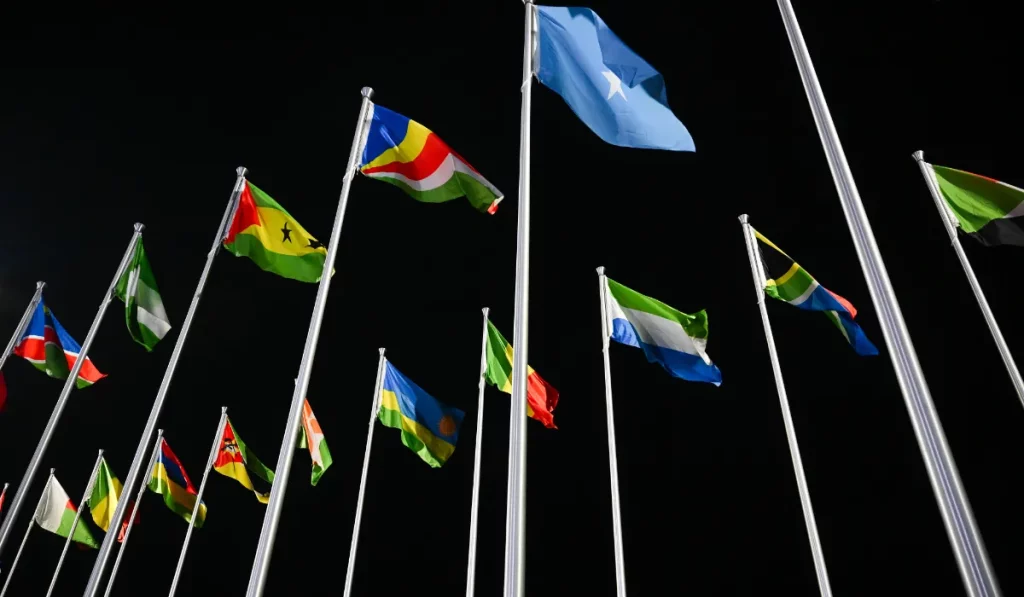
We are pleased to share the first Issue of the Conflict & Resilience Monitor in 2024. Our first article was written by Professor Eddy Maloka, CEO of the African Peer
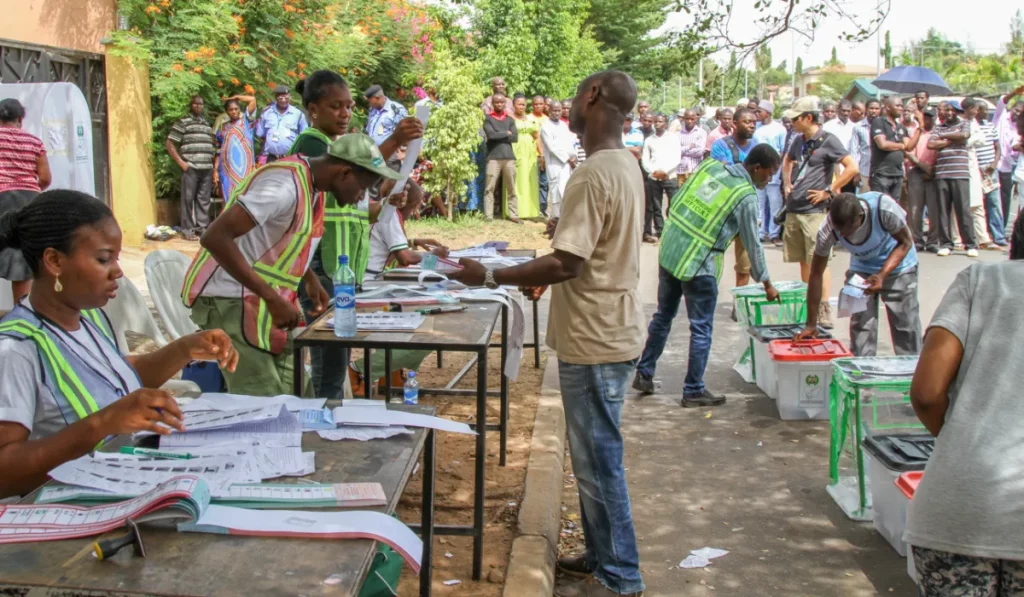
The high number of elections makes it key to assess the Continent’s overall quality of governance and degree of democratic consolidation.
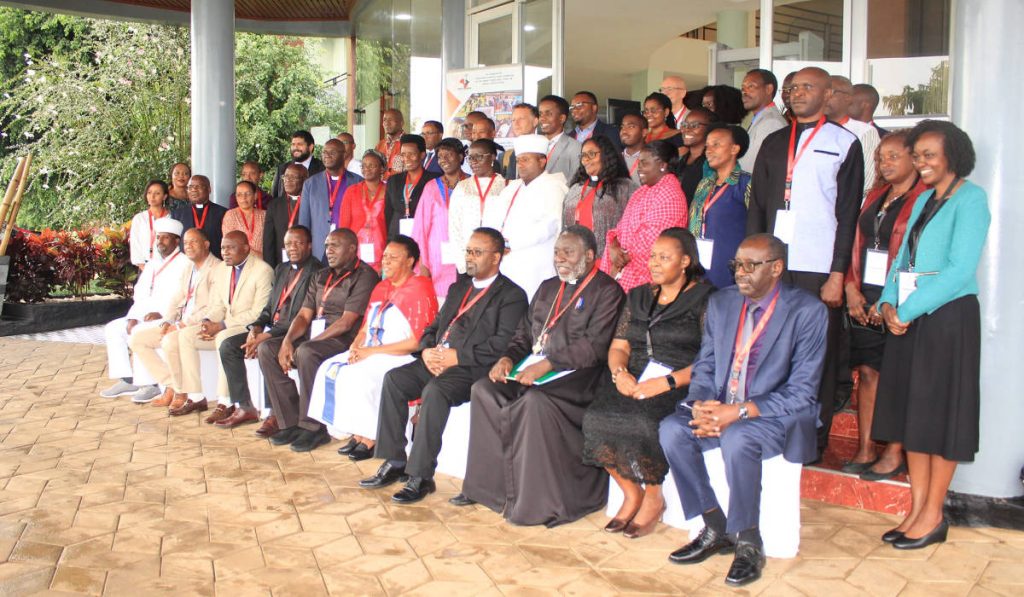
Exploring the gender dimensions of electoral justice alongside faith-based leaders.
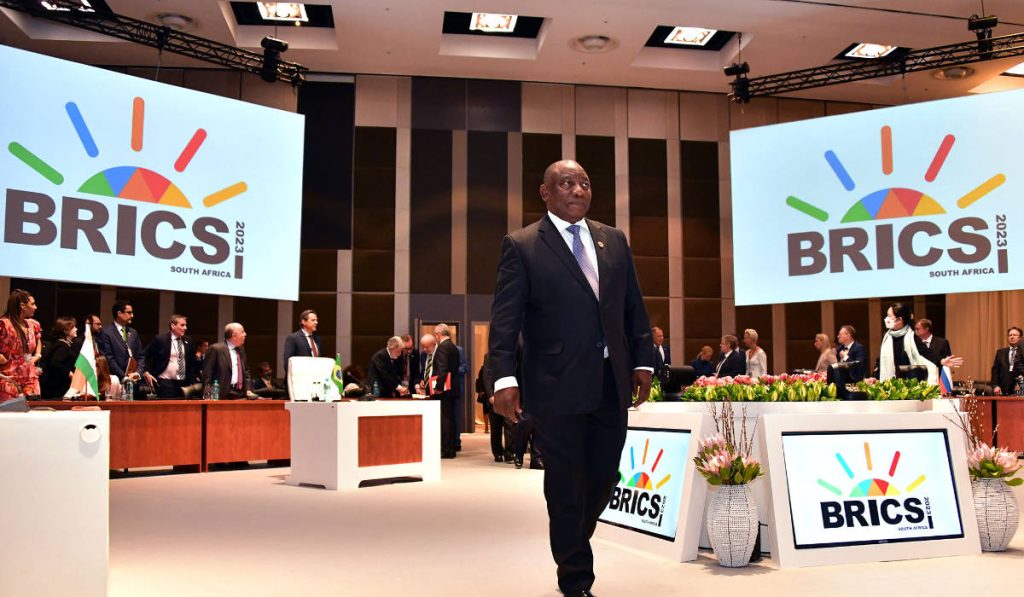
The Conflict and Resilience Monitor offers monthly blog-size commentary and analysis on the latest conflict-related trends in Africa.

Both Zimbabwe and Eswatini have faced challenges relating to their democracies and conducting their elections.
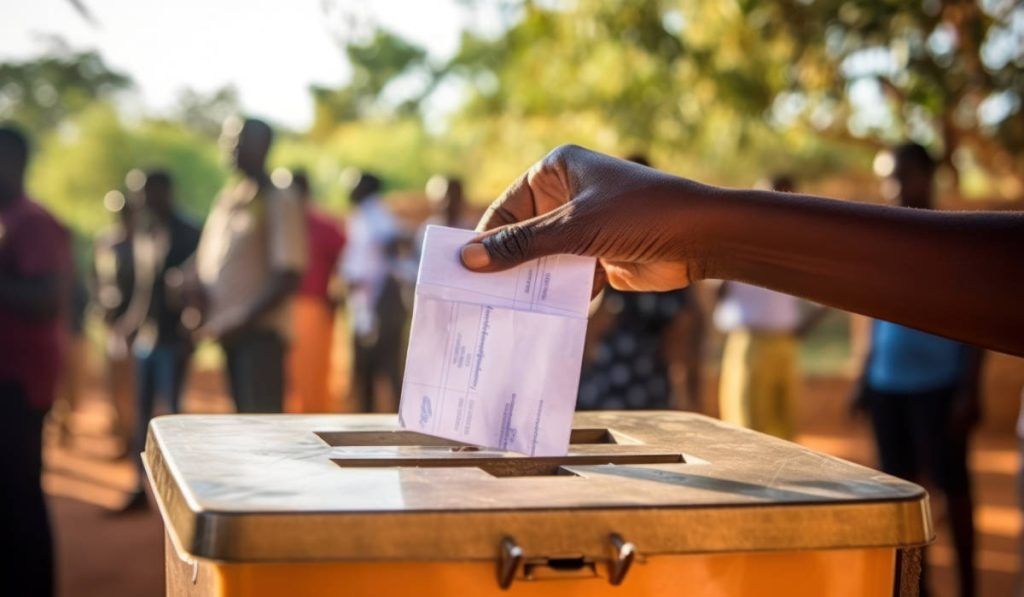
Questions on how to strengthen political transitions towards democratic governance and consolidation in Africa need to focus on improving electoral integrity and quality on the continent.
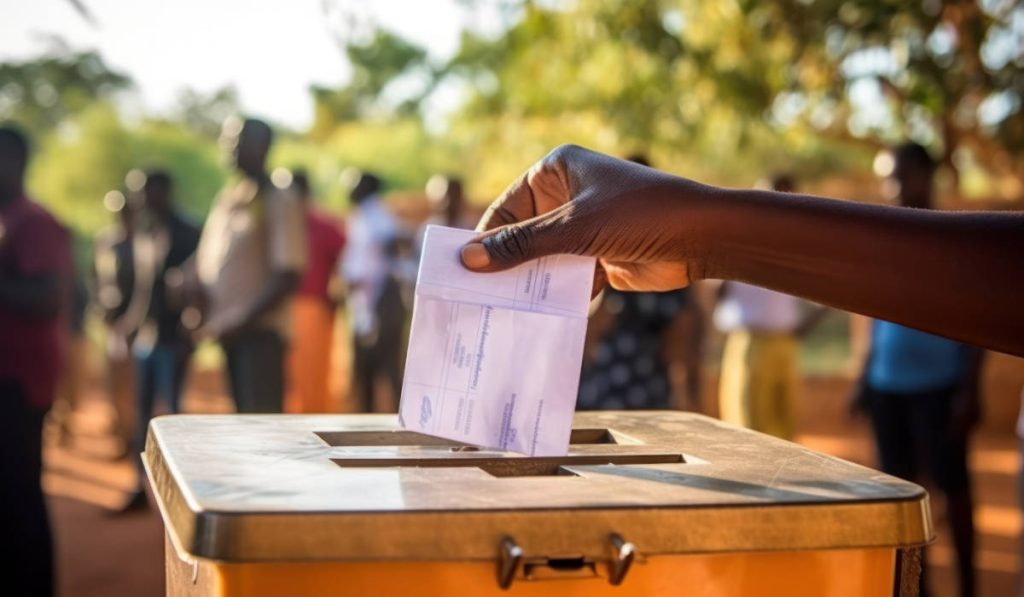
UN Women Zimbabwe and the National Peace and Reconciliation Commission (NPRC) work towards peaceful electoral participation in Zimbabwe.